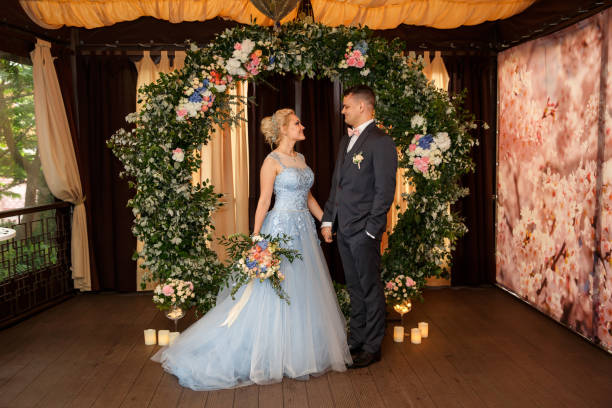In the bustling streets of Dili, the capital city of Timor-Leste, a unique trend is emerging that intertwines tradition with modern influences – the rise of weddings spurred by Australian farm work opportunities. This phenomenon sheds light on the socio-economic dynamics of the region, showcasing how migration for employment can significantly impact cultural practices, particularly marriage customs. As Timorese youths seek opportunities abroad, they find themselves embarking on journeys that not only promise financial stability but also shape their personal lives, leading to the transformation of traditional ceremonies like weddings. In this article, we delve into the intricate tapestry of Dili weddings and the underlying factors influenced by Australian farm work.
The Intersection of Tradition and Modernity
Timor-Leste, nestled in Southeast Asia, boasts a rich cultural heritage steeped in tradition. Weddings hold a paramount significance in Timorese society, symbolizing the union of families, the continuity of lineage, and the celebration of love. Traditionally, marriages are often arranged by families, with elaborate ceremonies marked by rituals, feasting, and communal festivities. However, the influx of opportunities in foreign countries, particularly Australia, has begun to reshape the dynamics of matrimony in Timor.
The Influence of Australian Farm Work
Australian farm work programs have become a lifeline for many Timorese youths seeking employment opportunities beyond their homeland. The seasonal demand for agricultural labor in Australia, coupled with Timor-Leste’s proximity and historical ties, has made it an attractive destination for migrant workers. As young Timorese individuals embark on these journeys, they not only contribute to their families’ financial well-being but also undergo personal transformations that extend to their marital aspirations.
Financial Stability and Marriage Aspirations
One of the significant impacts of Australian farm work on Timorese youths is the newfound financial stability it offers. Earning wages in foreign currencies, albeit temporary, provides a sense of economic empowerment that transcends borders. For many, this financial independence becomes a catalyst for pursuing marriage, as individuals feel more equipped to shoulder the responsibilities that come with starting a family. Consequently, the desire to settle down and formalize relationships becomes more pronounced among those returning from Australian farm work stints.
Changing Dynamics of Courtship
The experience of working abroad also influences the dynamics of courtship and relationships among Timorese youths. Exposure to diverse cultures and lifestyles broadens their perspectives on romance and partnership. Some returnees find themselves drawn to partners who share similar experiences or aspirations, leading to the emergence of cross-cultural relationships. Additionally, the temporary nature of farm work contracts fosters a sense of urgency in forming meaningful connections, accelerating the pace of courtship and marriage proposals upon returning home.
The Evolution of Wedding Customs
As Timorese youths navigate the intersection of tradition and modernity, their weddings reflect this nuanced blend of cultural heritage and contemporary influences. While elements of traditional ceremonies such as ‘noiva la’o’ (bride price) and ‘kore metan’ (bridal procession) remain integral, there is a noticeable shift towards incorporating modern touches. Western-style wedding attire, destination-themed decor, and digital invitations are becoming increasingly prevalent, symbolizing the fusion of old and new in Timorese matrimonial celebrations.
Community Celebrations and Social Cohesion
Despite the evolving nature of Dili weddings, community cohesion and collective celebration remain central to the festivities. Weddings serve as occasions for reunions, reaffirming social bonds and strengthening kinship networks. The entire community comes together to partake in the joyous occasion, contributing resources and offering support to the newlyweds. Through these communal celebrations, Dili weddings not only honor individual unions but also reinforce the fabric of society, fostering a sense of belonging and solidarity among Timorese communities.
Challenges and Opportunities Ahead
While the nexus between Australian farm work and Timor’s marriage rate presents opportunities for economic empowerment and cultural exchange, it also poses challenges and considerations for policymakers and communities alike. Ensuring the protection of migrant workers’ rights, fostering sustainable livelihoods within Timor-Leste, and preserving cultural heritage amidst globalization are imperative tasks that require collaborative efforts and informed decision-making.
Dili weddings offer a captivating glimpse into the interplay of tradition, migration, and modernity in Timorese society. As Australian farm work nudges up Timor’s marriage rate, it underscores the complex web of socio-economic factors shaping matrimonial aspirations and practices. Through this evolving landscape, Dili weddings serve as poignant reflections of resilience, adaptation, and the enduring spirit of love in the heart of Southeast Asia.
